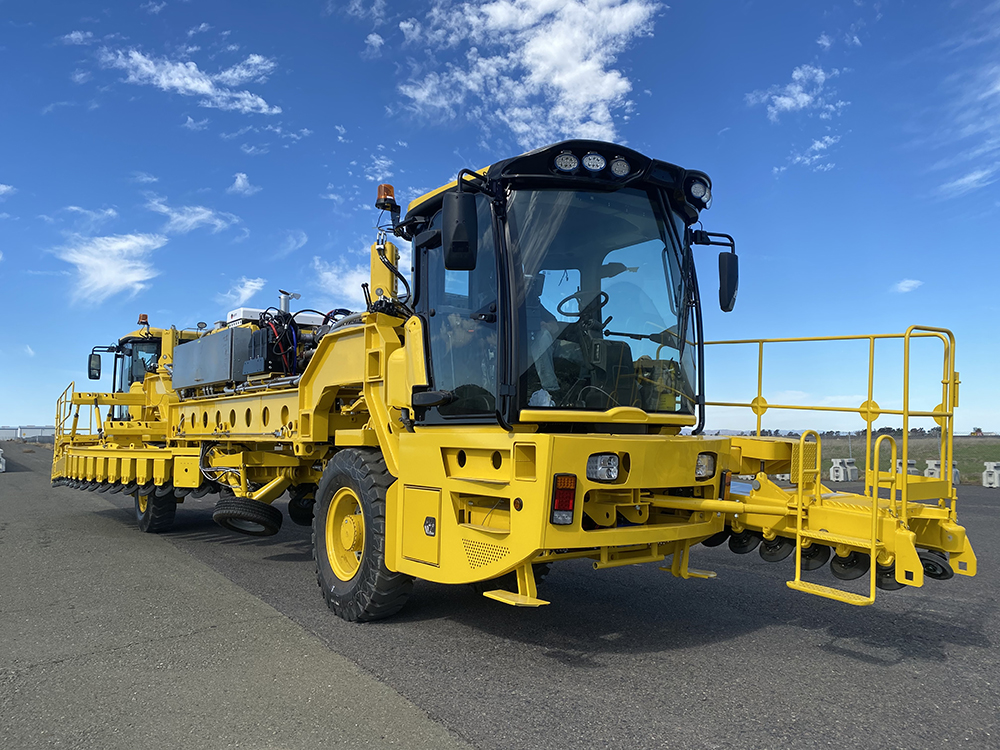Automated decisions regarding when to change lane patterns can decrease congestion to a greater degree than reconfiguring the road based solely on a structured time schedule. Lindsay’s ITS partners collect cellphone and microwave radar data to analyse traffic patterns in real-time. Once this data is compared to historical patterns or site-specific algorithms, moveable barrier is used to make changes to the road configuration.
When considered in the planning stages of new road construction, Lindsay Transportation Solutions says the Road Zipper provides additional important options for future flexibility as the number of road users constantly increases. This is because the greatest challenge in reconfiguring an existing roadway into a managed lanes facility is often the permanent centre median barrier.
This inflexible divider bifurcates the roadway and narrows the possibilities into a “left side, right side” mentality. Roads that are designed without any permanent concrete barriers are ultimately flexible and reconfigurable.
Moveable medians can adjust traffic flow quickly and safely, and the options increase exponentially with two or more moveable walls. Vehicles can be separated by direction, passenger count, vehicle type, speed, payment and even autonomous capability to move more people safely through a heavily travelled corridor.
Road Zipper focus for Lindsay
Lindsay Transportation Solutions will attend the 2016 ITS World Congress Melbourne with a focus on the Road Zipper system for ITS applications. A moveable barrier system that quickly reconfigures the road to mitigate congestion, while providing positive barrier protection between opposing lanes of traffic, it can be used to create flexible bus rapid transit (BRT) corridors that can be returned to traffic during non-commute periods to maximize the full use of the roadway.










